Do good defences still win titles? Sorry Fergie, not anymore...
John Robertson questions whether the popular logic of a sturdy backline being crucial to wining silverware still holds true today...
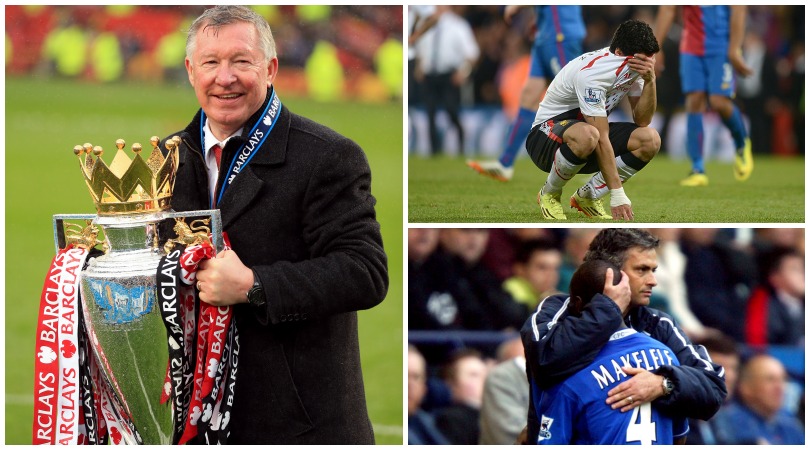
Anchoring bias leads us to believe that the cliché 'defence wins championships' remains true. In short, it doesn't
Not conceding goals. That, goes the commonly held belief, is the key to winning the Premier League title. The fewer goals you concede, the fewer goals you need to score to pick up three points.
Thus, the team with the best defensive record doesn't need to create as many goalscoring opportunities as their rivals in order to get their hands on the trophy at the end of the campaign.
As with all belief systems, however, constant probing and questioning of the fundamental idea is essential to ensure that what we think we know still holds true today.
As humans, we are programmed to assign extra weight and significance to the first piece of information we learn about a particular subject, actively becoming suspicious of anything we learn later that might undermine our initial understanding.
It's called 'anchoring bias', and it's not helpful when thinking about how new tendencies are shaping the game we've known and loved for as long as most of us can remember.
Anchoring bias leads us to believe that the cliché 'defence wins championships' remains true. In short, it doesn't. In the Premier League, as with the majority of other elite modern tournaments, attack is far more important than defence. The numbers prove it.
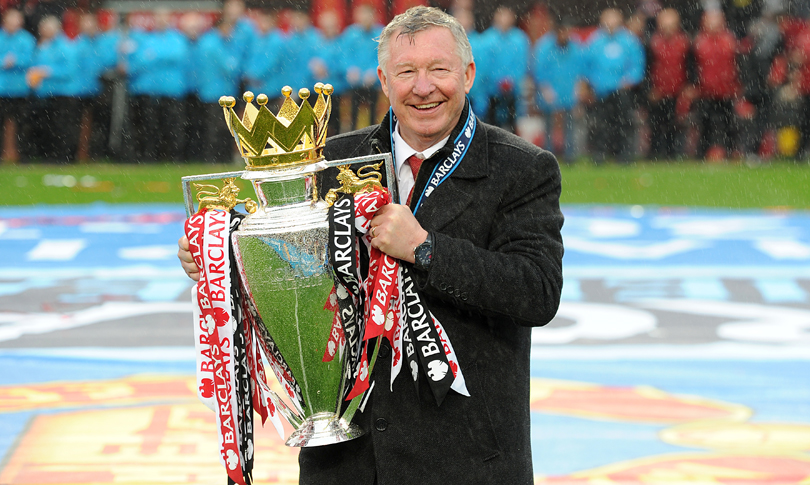
Year Zero: Premier League 2009/10
The best features, fun and footballing quizzes, straight to your inbox every week.
Over the past six full seasons, going back to the 2009/10 campaign, the top-scoring team has failed to win the title only once. In that same period, the side with the best defence have been crowned champions just twice. That's an 83% success rate for the top scorers, but only 33% for the best defence.
Further, no winner has conceded fewer than 25 league goals since the 2008/09 campaign. Before that, in the nine seasons from 2000/1 to 2008/09, fewer than 25 goals were conceded by at least one team five times – the Chelsea outfit of 2004/05 recorded the most impressive total with a goals against count of just 15.
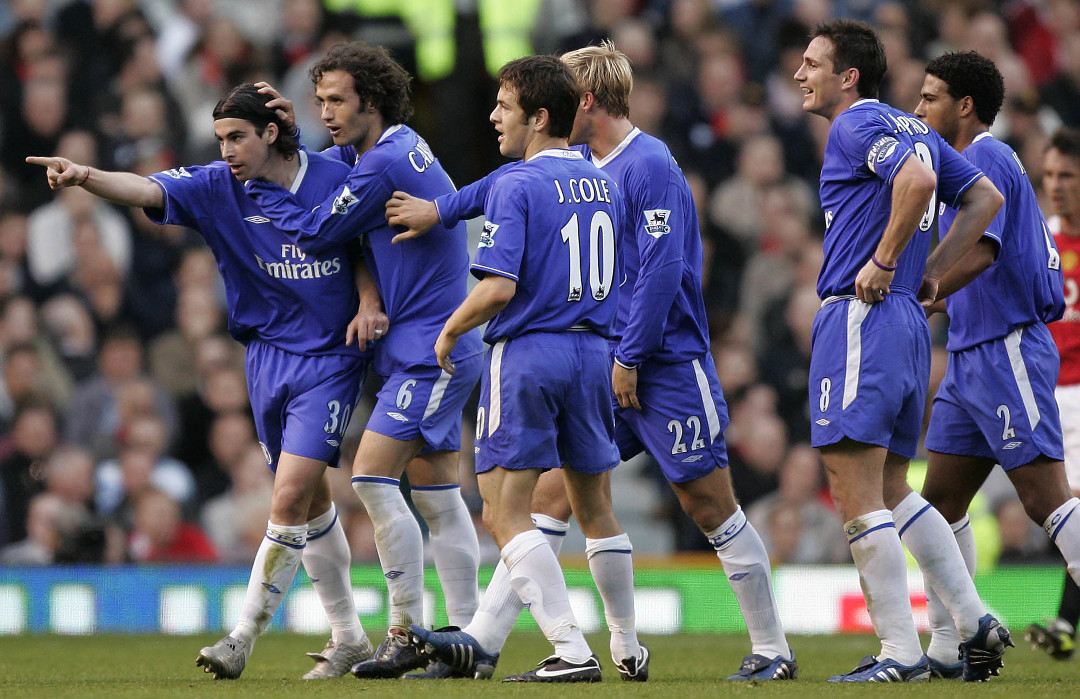
It's not just the title contenders that are putting more emphasis on defence: the entire league is scoring, and therefore conceding, far more goals than before. Just once in the last six seasons has the English top flight seen fewer than 1,000 total goals scored across all teams, whereas the seasons between 2000/01 and 2008/09 inclusive produced fewer than 1,000 goals four times.
There's a trend here. Quite clearly, the key season for the Premier League is the 2009/10 campaign. From this point on, the statistics highlight a enormous shift in outlook as teams set about scoring more goals and worrying less about conceding them.
From the 2009/10 season on, the statistics highlight a enormous shift in outlook as teams set about scoring more goals and worrying less about conceding them
Of course, as the Liverpool side of 2013/14 proved, you probably can't win the title with a defensive record that is genuinely terrible. However, that side also demonstrated that you don't need a masterful backline to mount a genuine challenge.
The question then becomes, quite simply, why? What has been the catalyst for this new focus on attack over defence; expansive play over containment? Unsurprisingly, the answer isn't as simple as pointing to a single element and screaming: 'eureka!'. There are multiple factors that have led to the change, many of them informing, influencing and triggering another.
Money talks
Money, predictably, plays a role here. The value of domestic TV rights – not to mention the growth of the league in foreign markets – has increased enormously. The cost of rights for the 2007-2010 period totalled £1.706 billion, an increase of 66% on the 2004-2007 figure of £1.024 billion. As we know, the figures have continued to accelerate since then.
Teams, then, have more money. What do they do with that money? They buy the attacking players they previously couldn't afford, a task made ever easier given the relative wealth of the Premier League in comparison to other major divisions. After all, attacking players are generally more expensive than their defensive counterparts.
Unless you're a member of the established historical elite, the best way to attract new fans is to play exciting, attacking football
The increase in available revenue has also seen teams chase wealth more readily than they used to. With the Premier League's popularity continuing to grow around the world, there are plenty of opportunities for clubs to gain new fans and, in turn, make more money. Indeed, a club not actively seeking to expand its pool of followers will be left behind by those that are and, unless you're a member of the established historical elite, the best way to attract new fans is to play exciting, attacking football.
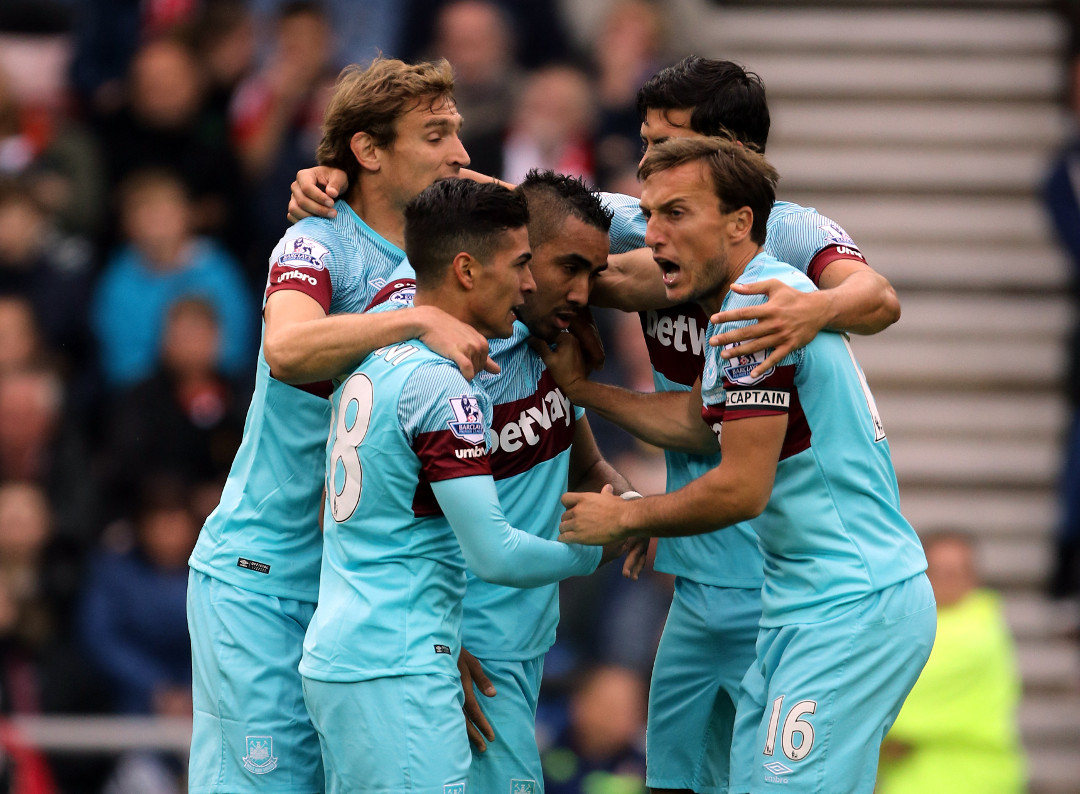
There is therefore a quantifiable financial incentive to implement an attacking philosophy. It's for this very reason that West Ham are so keen to adopt a sexier brand of football; without it, the club seems to believe, they will be unable to fill the Olympic Stadium and will struggle financially. More goals equals more fans. More fans equals more money.
Attacking from the back
Thanks to the likes of Pep Guardiola, Jurgen Klopp and Marcelo Bielsa, the past decade has seen an explosion of new ideas revolving around the attacking phase of play
It's not all about the cash, though: coaches have had their own influence on the rise of the attack. Thanks to the likes of Pep Guardiola, Jurgen Klopp and Marcelo Bielsa, the past decade has seen an explosion of new ideas revolving around the attacking phase of play. These coaches – Klopp aside – have not managed in the Premier League (yet), but their influence on the likes of Mauricio Pochettino, Roberto Martinez and Manuel Pellegrini is clear. While there are notable defensive-minded coaches (Jose Mourinho being the most obvious example) seeking to nullify these new forward-thinking threats, they simply don't exist in large enough numbers to overcome the progressive nature of modern attacking ideologies.
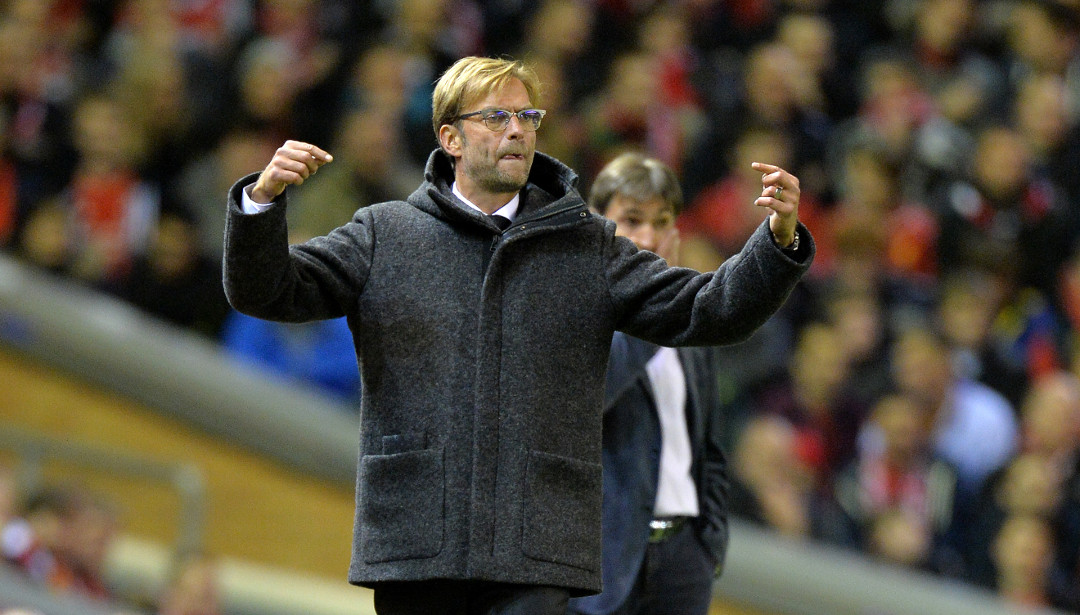
What's more, many of the most meaningful changes to the way a team defends have come about as a result of the quest for more goals. When Louis van Gaal was in charge of Ajax in the 1990s, he was adamant that one of his centre-backs should push forward when in possession.
It was a revolutionary way of overcoming the fact that the rise of the 'defensive midfielder' had destroyed much of the ability of the classic No.10 to operate with the freedom he once had.
It's now common to see midfielders stationed in the backline – think Daley Blind, Javier Mascherano, Emre Can – with their redeployment a result of managers’ desire to help their teams going forward. There are also those players who have always been defenders, but not in the traditional sense: David Luiz, Hector Bellerin and Jerome Boateng are almost as involved in launching attacks as they are in stopping them.
The lawmakers want goals
Football is a sport constantly undergoing change, with the latest transition firmly in the direction of the attacking side of the game
Pressure from the top helps, too. If Michel Platini had his way, the whole idea of the tackle could come under threat, with interceptions, technical fouls and the ball going out of play becoming the only ways to regain possession.
That trend has already begun, making a certain type of defender an endangered species. It also means coaches must look for new ways to tighten up their backlines and, with rules favouring forwards, that means that attack is quite literally the best form of defence.
The same thing can be said about alterations to the offside rule, which have been made with the attacking team in mind. Granted, the most recent change benefits defenders and goalkeepers, but that only came about as a result of the previous change being so ridiculously in favour of the attacking side.
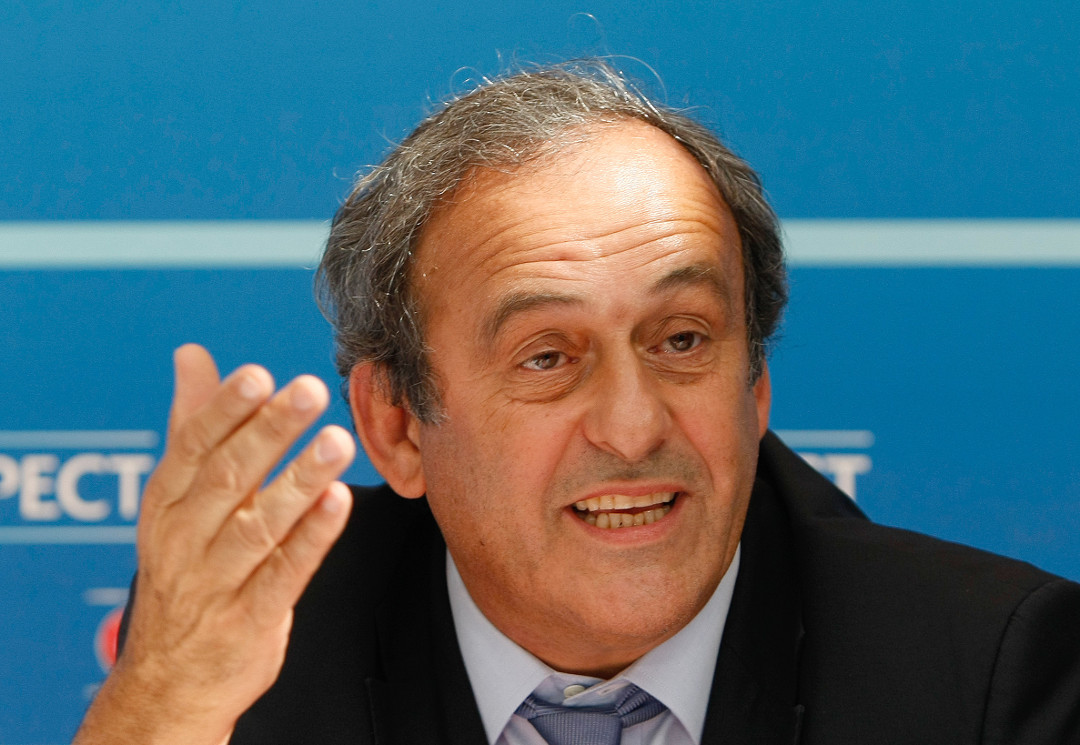
When you've got the full weight of the game bearing down on you and, for all intents and purposes, telling you that you should be concerning yourself with attacking, it's difficult to do anything else.
Smart teams try to take advantage of the rules as much as possible, and when the rules favour attack it makes sense to follow them. Football is a sport constantly undergoing change, with the latest transition firmly in the direction of the attacking side of the game. With clubs always on the lookout for money, employing attack-minded coaches and governed by regulations that favour a forward-thinking focus, it’s difficult to see how the defensive side of the game is ever going to catch up.
